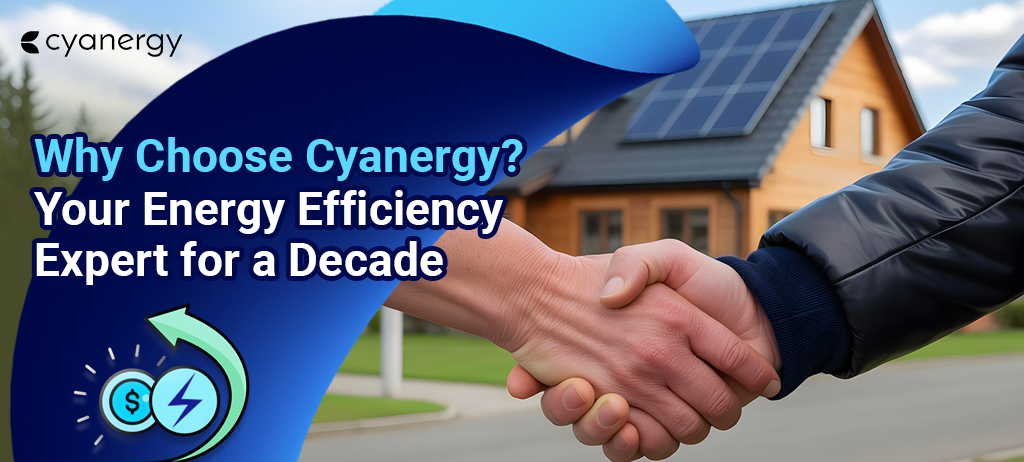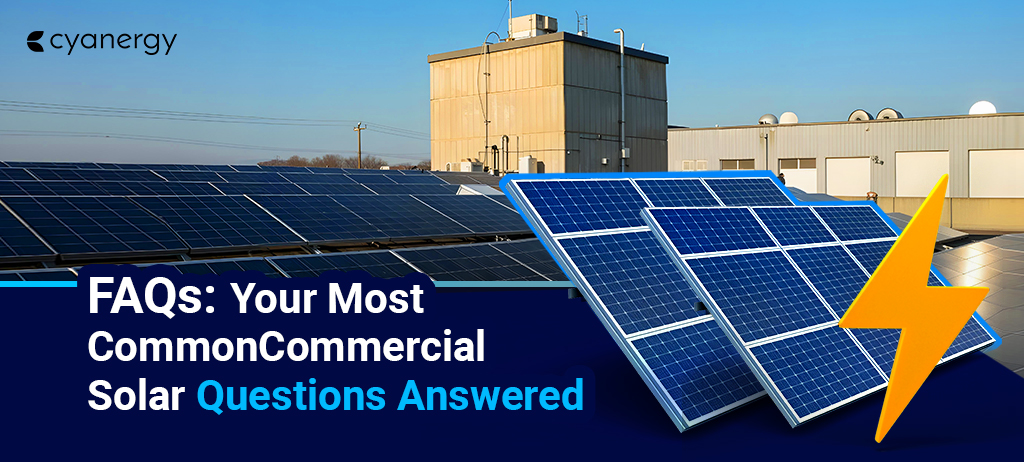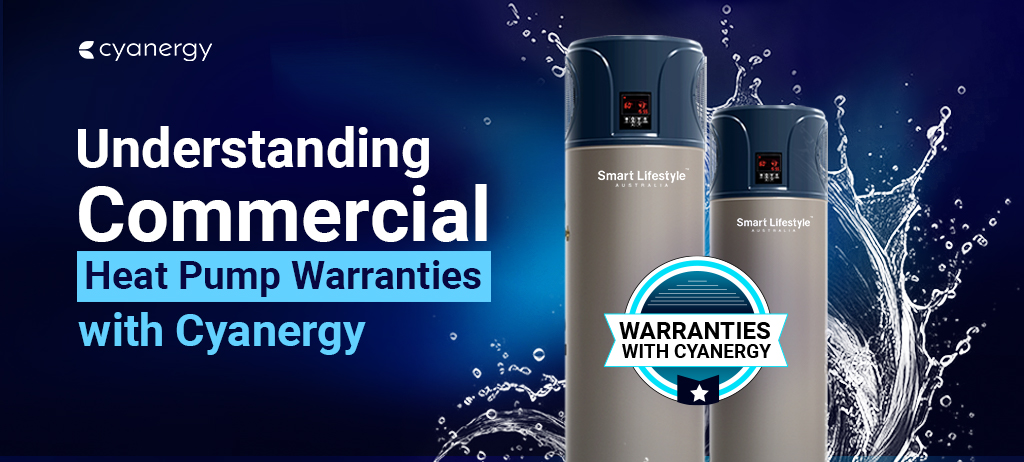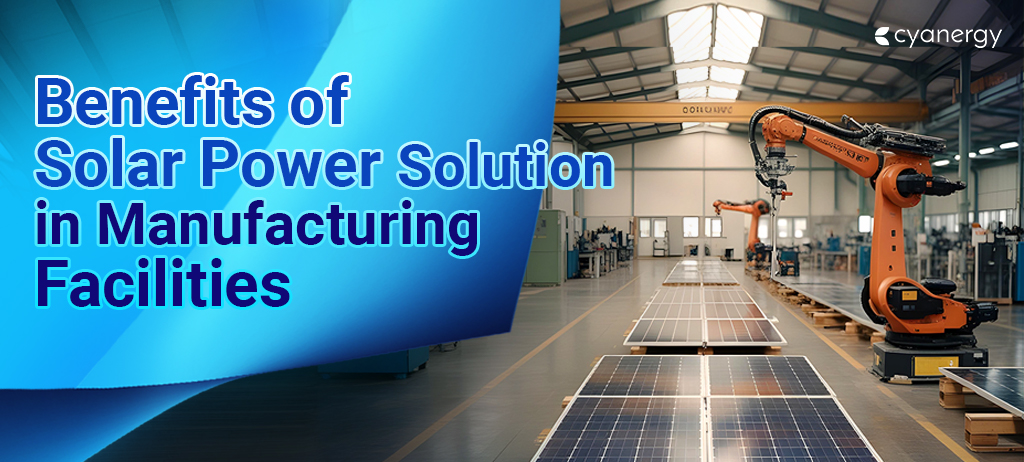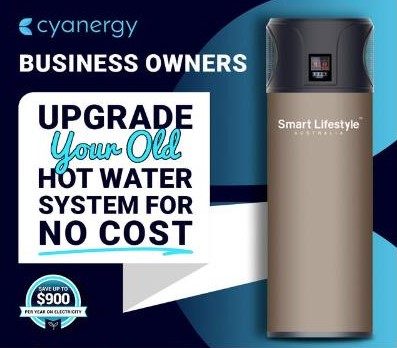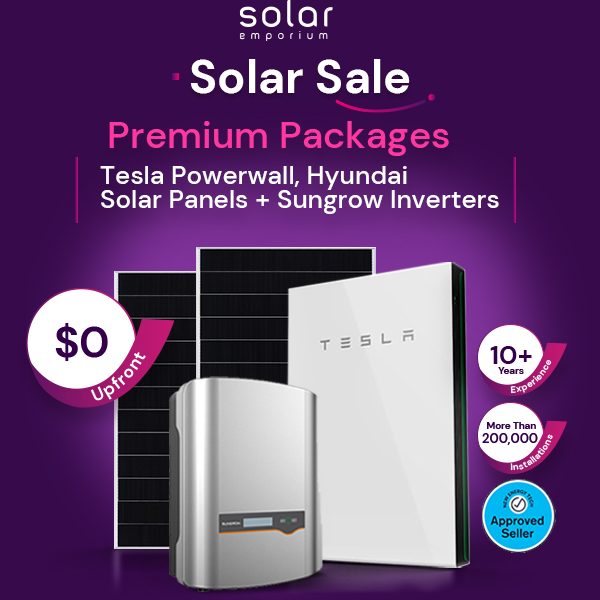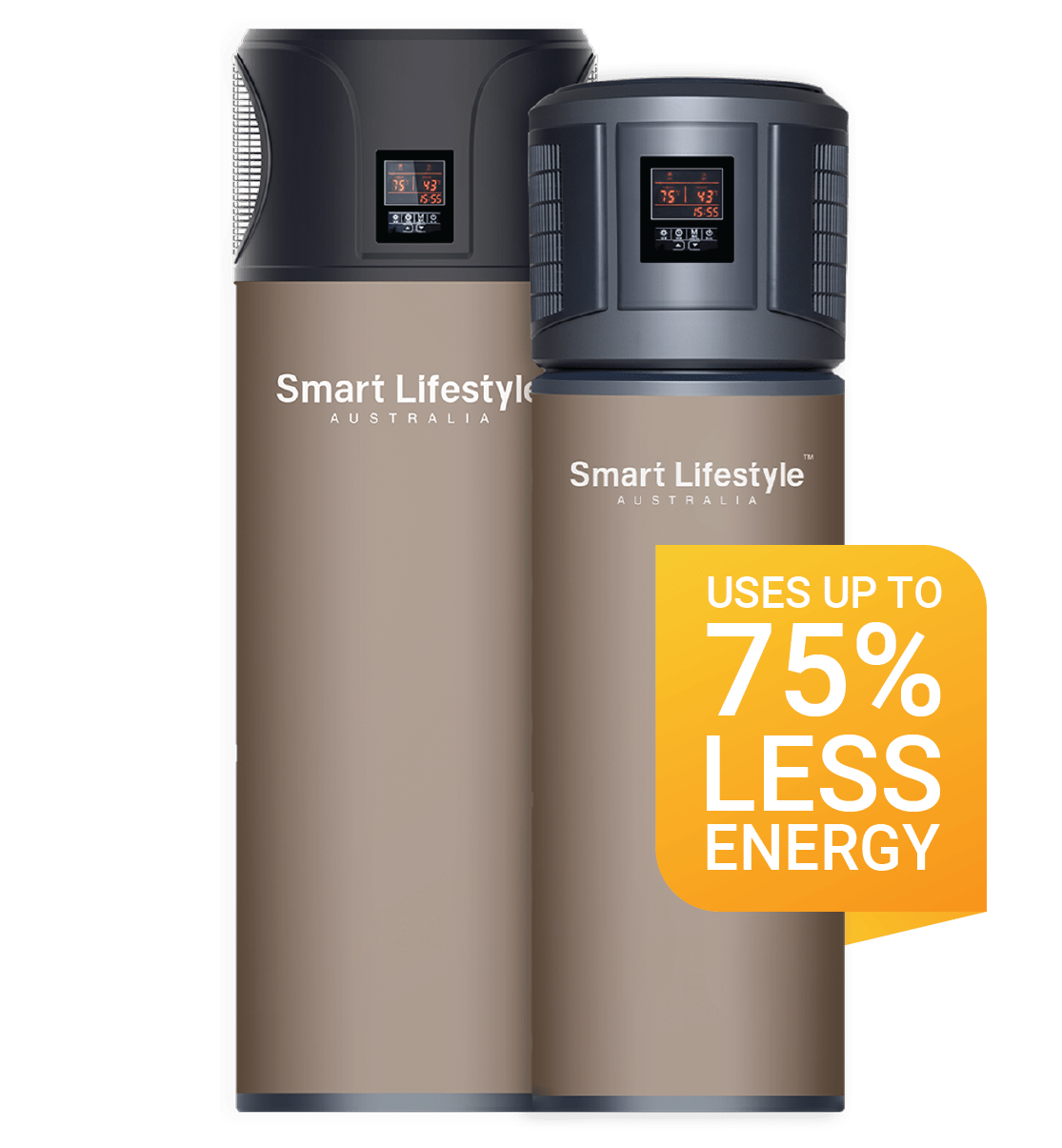Due to the fact that Australia has one of the highest per-capita greenhouse gas emissions in the industrial world, interest in renewable energy sources like solar power is rising. In recent years, businesses aiming to decrease their carbon footprint and save money on their electricity bills have increasingly shifted to commercial solar power as a popular investment alternative. However, as a business, does this investment make sense? What is the return on investment for commercial solar?
In this discussion, we are going to go through exactly that and inform you all about how your business can benefit from these options.
The Cost of Commercial Solar in Australia
The cost of commercial solar in Australia can vary depending on a number of factors, such as the size of the system, the location, and the quality of the equipment used. However, as a general rule of thumb, the cost of installing a commercial solar system in Australia is between $1.20 and $1.80 per watt. This means that a 50kW system can cost anywhere between $60,000 and $90,000.
This figure revolves around many factors. Generally, small businesses choose to go for 40kW to 100kW systems. These systems usually suffice the needs of a small business adequately while still keeping them in range for availing government rebates.
Also, depending on what type of system is being installed, the price of solar will vary. For example, a solar system containing all top-tier panels and micro inverters will cost a bit more than the one designed with polycrystalline solar panels and hybrid inverters. This is just one small factor; a qualified solar installer will be able to give you an exact number.
N.B – These numbers can change depending on customised variables after the property assessment.
What is the Return on Investment for Commercial Solar in Australia
After the system is installed, the cost of producing electricity from solar energy is substantially lower than from conventional energy sources like coal or gas.
As mentioned above, the size of the system, the location, the standard of the equipment, and the quantity of sunshine the system receives are just a few of the variables that affect the return on investment for commercial solar in Australia. For example, a business located in a sunny area such as Queensland is likely to see a quicker return on investment than a business located in a less sunny area such as Tasmania.
Nevertheless, the average payback period for an Australian commercial solar system is between 3 and 5 years.
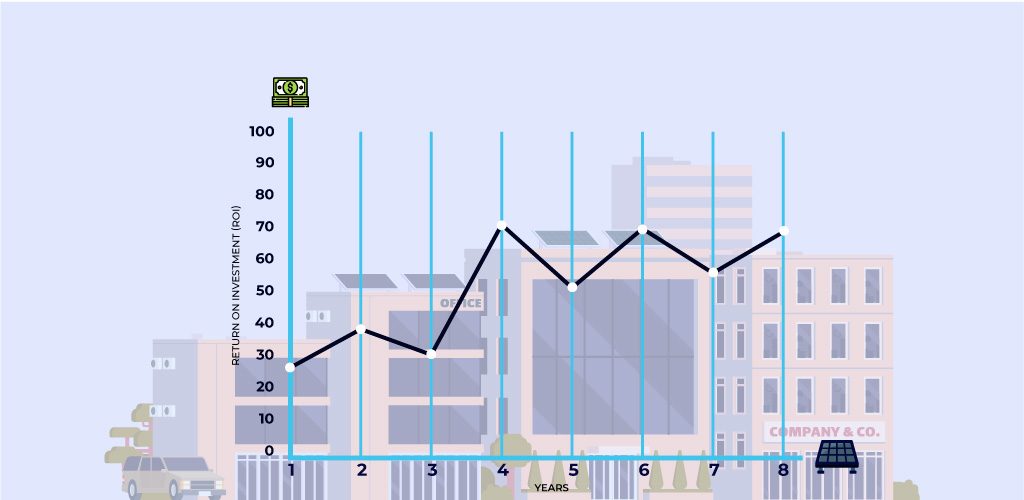
Let’s use the example of a 100kW commercial solar system to demonstrate this. The business could forecast annual electricity bill savings of about $30,000 if the system costs $150,000 to build and it consumes 30% of the electricity produced by the P.V. system. This indicates that it would take the system just 5 years to pay for itself. Following that, the company would be saving a sizable chunk of money—$30,000 per year—on its electricity bills.
Government Rebates for Businesses to Go Solar
The Australian government offers a range of rebates and incentives to help lower the upfront cost of solar panel installations for businesses. The specific rebates and incentives available will depend on the state or territory in which your business is located, as well as the size of your solar panel system.
Here are some of the common rebates and incentives available in Australia:
- Small-scale Technology Certificates (STCs): STC is a type of government rebate that is designed to reduce the upfront cost of solar installations. They are based on the size of your solar panel system and the amount of electricity it is expected to generate over its lifetime. Businesses can sell these certificates to offset the cost of their solar installation.
- Tax incentives: The Australian government offers tax incentives for businesses that invest in renewable energy sources such as solar. These incentives can help to lower the overall cost of solar installations.
- Grants and funding: In addition to rebates and tax incentives, a range of government grants and funding programs are available to businesses looking to invest in renewable energy sources.
- State rebates: Not just the federal but incentives are available for businesses on a state level too. It comes in many forms, such as upfront credit discounts if eligible and/or interest-free loans.
Factors To Consider Before Installing Solar Panels
Installing commercial solar panels can be a significant investment for any business, and it’s important to carefully consider a range of factors before making a decision. Here are some things to consider before installing commercial solar panels:
- Energy consumption: The first step in determining whether commercial solar panels are right for your business is to assess your energy consumption. You will need to determine how much energy your business uses on a daily, weekly, and monthly basis and how much of that energy can be replaced by solar panels. This will help you to determine the appropriate size and configuration of the solar panel system.
- Available roof space: The amount of available roof space is an important factor in determining the size of the solar panel system that can be installed. You will need to consider the orientation and pitch of your roof, as well as any obstructions, such as vents or HVAC equipment, that may affect the amount of sunlight that can be captured. Fret not if you have extra space to mount the system.
- Budget: Installations of commercial solar panels can need substantial capital., and it’s important to have a clear budget in mind before beginning the installation process. You will need to consider the cost of the solar panels, installation, and any ongoing maintenance.
- Financing options: For companies wanting to install solar panels, a variety of financing alternatives are available, including leases, loans, and power purchase agreements. You will need to consider the pros and cons of each option and choose the one that is most appropriate for your business.
- Government rebates and incentives: As mentioned earlier, a range of government rebates and incentives are available for businesses looking to install solar panels. You will need to determine which rebates and incentives are available in your state or territory and how they can be applied to lower the upfront cost of your solar panel installation. Or, contact us for a detailed overview.
- Quality of equipment and installation: Choosing a reputable solar provider who can offer high-quality equipment and professional installation services is important. This will ensure that your solar panel system is reliable, efficient, and long-lasting.
- Ongoing maintenance: Like any equipment, solar panels require ongoing maintenance to ensure optimal performance. You will need to consider your solar panel system’s ongoing maintenance requirements and costs and ensure you have a plan in place to keep it running smoothly.
Pros and Cons of Commercial Solar
Here are the pros and cons of commercial solar installations in Australia at a glance; take a look-
| Pros | Cons |
|---|---|
| Lower energy costs | Upfront investment can be significant |
| Reduced environmental impact | Requires adequate roof space and suitable orientation |
| Government rebates and incentives available | It may require upgrades to existing electrical infrastructure |
| Protection against rising electricity costs | Installation may require temporary closure of business operations |
| Increased energy independence | Potential for equipment failure and downtime |
| Potential to generate additional income through feed-in tariffs | |
| Potential to increase property value | |
| Long-term savings on energy costs | |
| Increased brand value and trustworthiness by reducing the carbon footprint |
In conclusion, installing commercial solar panels can be a smart investment for businesses looking to reduce their energy costs and environmental impact. However, it’s important to carefully consider a range of factors before drawing the blade.
Still, pondering what is the return on investment for commercial solar? To learn more, consult a dependable solar company like us. Take advantage of a free-of-cost solar consultation session today with industries best engineers. Hit the get help button.

